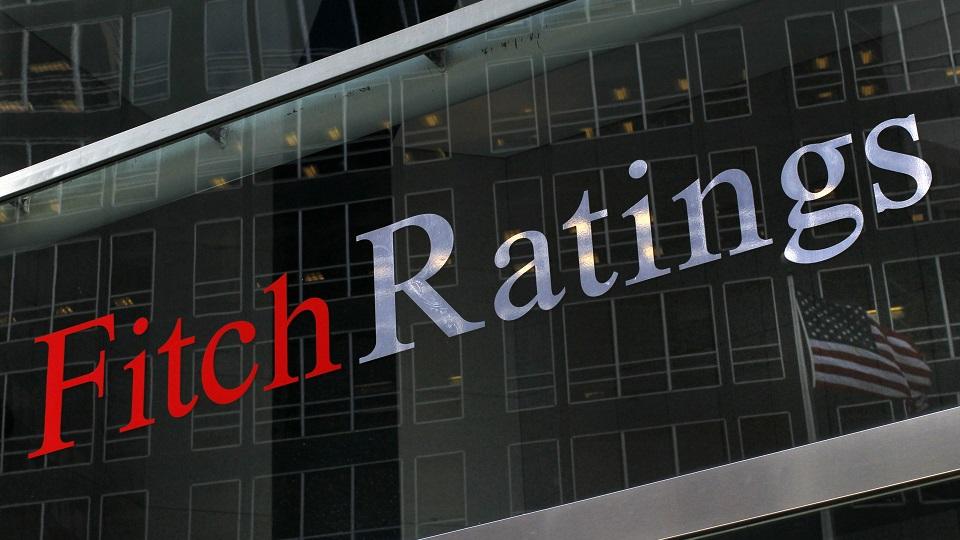Fitch Ratings affirms ratings of 4 Philippines’ largest banks with stable outlook

Credit watcher Fitch Ratings said Tuesday it affirmed the credit ratings of four of the Philippines' largest banks with a stable outlook despite the challenges brought by the COVID-19 pandemic.
In its latest non-rating action commentary, Fitch said it has affirmed the long-term issuer default ratings (IDRs) on four privately-owned banks in the country.
The IDRs of BDO Unibank Inc., Bank of the Philippine Islands (BPI), and Metropolitan Bank & Trust Company were kept at BBB with a stable outlook.
Meanwhile, the IDR of Philippine National Bank (PNB) was kept at BB with a stable outlook.
A “BBB” rating is considered a good credit quality, which indicates that expectations of default risk are currently low.
The capacity for payment of financial commitments of a BBB-rated entity is considered adequate, but adverse business or economic conditions are more likely to impair such capacity.
A “BB” rating, on the other hand, is speculative, which indicates an elevated vulnerability to default risk, particularly in the event of adverse changes in business or economic conditions over time, however, business or financial flexibility exists that supports the servicing of financial commitments.
Fitch said the rating on the four Philippine banks “are driven by our expectations of extraordinary support from the sovereign, and our Stable Outlook on these banks mirrors that on the Philippines (BBB/Stable).”
The bank viability ratings (VR) of BDO, BPI, and Metrobank were also kept at “bbb-.”
A VR of “bbb” means the bank’s fundamentals are adequate, such that there is a low risk that it would have to rely on extraordinary support to avoid default, however, adverse business or economic conditions are more likely to impair this capacity.
“Their standalone credit profiles, as indicated by their viability ratings (VR), continue to be under pressure amid the steep economic downturn,” Fitch said.
The Philippines' economy is taking a severe blow from the coronavirus pandemic, with gross domestic product contracting by 9.0% in the first half —the worst in Southeast Asia.
The economy also fell into recession after two consecutive quarters of negative GDP, -0.7% in the first quarter and -16.5% in the second quarter.
Fitch said it expects the Philippine economy to shrink by 8.0% for the full year.
“We forecast economic growth to rebound to 9.0% in 2021, but this in part reflects a low base effect,” it said.
The credit watcher said weak domestic consumption and accelerating credit impairment are turning banks' operating environment more challenging.
“Revenue tailwinds from aggressive monetary easing are also likely to dissipate by second half of 2020, and we see further asset-quality deterioration in 2021 after the debt moratorium lapses,” Fitch said.
“Banks’ earnings will weaken as credit provisions spike, but the major banks have front-loaded such allowances in 2020 — a potential indication of a modest retracement in profitability in 2021,” it said.
The credit watcher said ratings and outlooks on the five banks will continue to be sensitive to changes in their asset quality and appetite for risk amid the more challenging outlook.
“They will also be influenced by any changes in the sovereign rating and outlook on the Philippines, as the IDRs of four of them are support-driven,” it said.—AOL, GMA News




